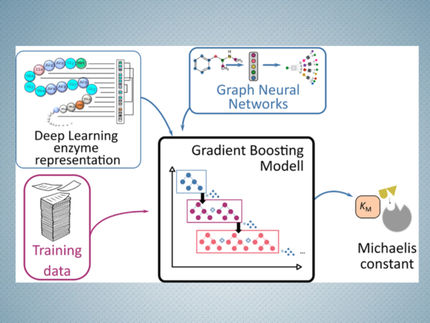Scientists unlock more secrets of HIV and SARS
Advertisement
UK scientists have cracked one of the key biological processes used by viruses such as HIV and SARS when they replicate according to a paper published in the journal Nature. Viruses are able to interfere with the host cell processes that our bodies use to replicate cells, and protein synthesis is often one of their targets. For the first time, researchers at the Universities of Cambridge and Oxford have witnessed virus-induced "frameshifting" in action and have been able to identify the crucial role of particular elements.
The research, funded by the Biotechnology and Biological Sciences Research Council (BBSRC), the Medical Research Council (MRC), The Royal Society and The Wellcome Trust, brings us another step closer to understanding the fundamental workings of these devastating viruses.
The scientists have revealed the workings of the process known as 'ribosomal frameshifting' that forces a mis-reading of the genetic code during protein synthesis. The correct expression of most genes depends upon accurate translation of the 'frame' of the genetic code, which has a three nucleotide periodicity. Viruses such as HIV and SARS bring into the cell a special signal that forces the ribosome to back up by one nucleotide, pushing it into another 'frame' and allowing synthesis of different viral proteins. These are exploited by viruses and help them to survive and multiply.
The British researchers successfully imaged frameshifting in action and for the first time observed how a virus encoded element called an RNA pseudoknot interferes with the translation of the genetic code to allow viruses like HIV and SARS to express their own enzymes of replication.
Most read news
Topics
Organizations
Other news from the department science

Get the life science industry in your inbox
By submitting this form you agree that LUMITOS AG will send you the newsletter(s) selected above by email. Your data will not be passed on to third parties. Your data will be stored and processed in accordance with our data protection regulations. LUMITOS may contact you by email for the purpose of advertising or market and opinion surveys. You can revoke your consent at any time without giving reasons to LUMITOS AG, Ernst-Augustin-Str. 2, 12489 Berlin, Germany or by e-mail at revoke@lumitos.com with effect for the future. In addition, each email contains a link to unsubscribe from the corresponding newsletter.




















































